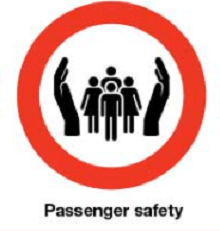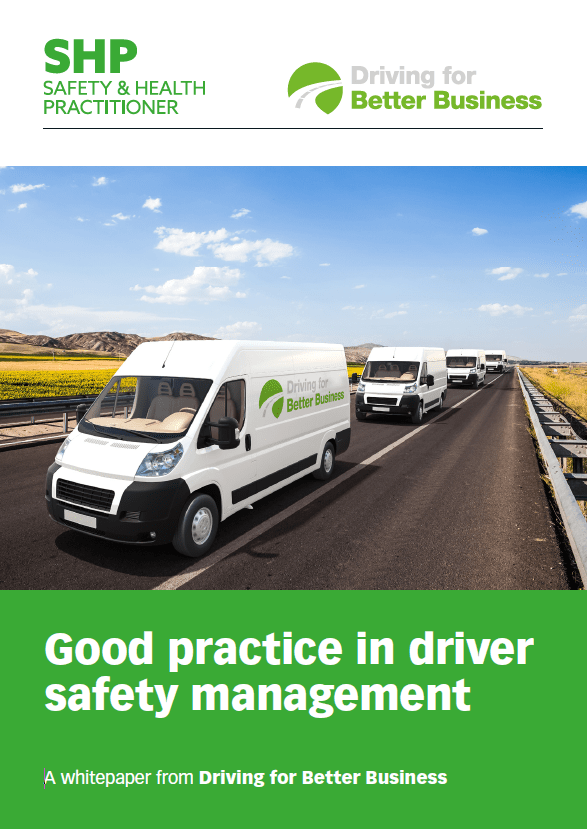The Office of Rail and Road (ORR) report on health and safety performance on Britain’s railways in 2016-17 covering the mainline railway, Transport for London (including London Underground), and Britain’s light railways, is now available to download.
Britain’s railways remain among the safest in Europe, but it is vital that we remain vigilant, says the ORR.
“This year saw the worst tram accident in over 50 years with the tragic derailment in Croydon. Our investigation into this accident, in collaboration with the British Transport Police and Rail Accident Investigation Branch, is ongoing, and it is important that any lessons that can be learnt are applied across the sector.
 “Following last year’s milestone of zero workforce fatalities, there was one fatality during 2016-17, when a worker died following a road traffic accident on the journey home from work.
“Following last year’s milestone of zero workforce fatalities, there was one fatality during 2016-17, when a worker died following a road traffic accident on the journey home from work.
“However, overall mainline passenger and public harm on trains and at stations was at one of the lowest levels in the past 10 years during 2016-17” the ORR said on its website.
Croydon tram crash articles:
The four main areas of focus for ORR and the industry in the coming year are:
1. Maintaining safe and sustainable assets: Management of civil assets is a high priority for ORR. This is because of the age of the portfolio and its susceptibility to rapid deterioration in adverse weather.
2. Managing change: As well as growth continuing in some parts of the sector, the past year saw a number of new franchises awarded that will lead to an increase in the number of services, as well as new rolling stock.
3. Culture and occupational health: Although we see pockets of excellence, the sector still has some way to go in developing its overall safety culture and management of health to achieve widespread excellence.
4. Safety by design: As new strategic assets are introduced – whether a major infrastructure project, a rolling stock project or smaller enhancements – it is vital that the critical principles of excellent Safety by Design are employed by the sector.
ORR published two ‘principles’ documents to help duty holders understand how to meet its expectations in complying with health and safety legislation, and six ‘principles’ specifically for duty holders which are introducing or extending driver controlled operation (DCO) and reviewing the operation of existing DCO services.
Download the recent report here.
This eBook will guide you through some of the key understandings you need to be able to manage driver safety effectively and, at the end, provide a series of free resources you can access to help you ensure your own driver safety management system is robust, legally compliant and in line with industry-accepted good practice.
Download this eBook from Driving for Better Business and SHP to cover:
- Why do we need to manage driver safety?
- Duty of care – a shared responsibility;
- Setting the rules with a driving for work policy;
- Managing driver safety;
- Ensuring safe vehicles;
- Safe journeys and fitness to drive;
- Record keeping;
- Reporting;
- The business benefits of good practice;
- Additional resources


